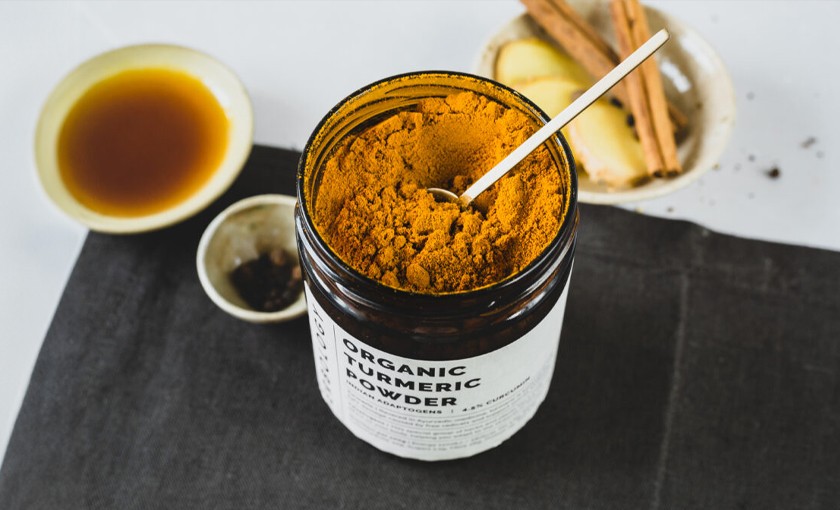FREE SHIPPING!
-
WOMEN
add remove
- All >>
-
Supplements
add remove
- All >>
- New
- Bestsellers
- Special offers
- Ashwagandha
- Colostrum
- Collagen
- Omega 3-6-9 acids
- Magnesium
- Vitamin C
- Vitamin D
- Kwas hialuronowy
- Amino Acids
- Anti-Aging
- Pregnancy and lactation
- Detox
- Energy
- Fit & Sport
- Medicinal mushrooms
- Bones and joints
- Fatty acids
- Brain, Memory, Concentration
- Functional beverages
- Eyes
- Weight loss and diet
- Resistance
- Nails
- Dream
- Leather
- Inflammation
- Stress
- Superfood
- Digestion
- Urinary system
- Liver
- Hair
- Vitamins and minerals
- Hormonal support
- Bestsellers
- Collagen
- Colostrum
- Gift cards
- Gift sets
-
MEN
add remove
-
Supplements
add remove
- All >>
- New
- Bestsellers
- Special offers
- Ashwagandha
- Colostrum
- Collagen
- Omega 3-6-9 acids
- Magnesium
- Vitamin C
- Vitamin D
- Amino Acids
- Anti-Aging
- Detox
- Energy
- Fit & Sport
- Medicinal mushrooms
- Bones and joints
- Fatty acids
- Brain, Memory, Concentration
- Functional beverages
- Eyes
- Resistance
- Nails
- Dream
- Cardiovascular
- Leather
- Inflammation
- Stress
- Superfood
- Digestion
- Urinary system
- Digestive system
- Liver
- Hair
- Vitamins and minerals
- Hormonal support
- Bestsellers
- Collagen
- Colostrum
- Probiotics
- Weight loss and diet
- Collagen
- Colostrum
- Gift cards
- Gift sets
-
Cosmetics
add remove
- All >>
- New
- Bestsellers
- Special offers
- Aromatherapy
- Body and bath
- Hands
- Oral cavity
- Tanning
- Intimate hygiene
- Feet
- Face
- Hair
- Bath cosmetics
- Hair care cosmetics
- Hair Styling
- Hand creams
- Natural
- Facial cosmetics
- Essential oils
- Beard care
- Intimate hygiene
- Deodorants and antiperspirants
- Cosmetics kits
- Against wrinkles
- Gift cards
- Gift sets
-
CHILDREN
add remove
-
Supplements
add remove
- All >>
- New
- Bestsellers
- Back to School
- Special offers
- Colostrum
- Omega 3-6-9 acids
- Magnesium
- Vitamin C
- Vitamin D
- Pregnancy and lactation
- Bones and joints
- Fatty acids
- Brain, Memory, Concentration
- Eyes
- Resistance
- Dream
- Digestion
- Digestive system
- Vitamins and minerals
- Bestsellers
- Colostrum
- Gift cards
- Gift sets
- Accessories add remove
- COLLAGEN
-
BRANDS
add remove
- MOST POPULAR add remove
- ARABIAN PERFUME
Search for
- All
- Product
- Brand

SHIPPING TODAY!
Order within:
07
h05
min08
sec
Shipping next business day

Find out which supplements not to combine with each other
With increasing awareness, we are trying to live better, healthier lives. We care about the quality of the food we eat and regular workouts, but also about supplements that complement a balanced diet. Choosing essential vitamins and minerals, however, is not all we can do. It is also worth finding out which ones work antagonistically to each other. Which supplements should not be combined? And - equally important - why?
Which supplements not to combine?
Iron and calcium
Wise supplementation requires not only knowledge of your own body's needs, but also the characteristics of the substances you take. The World Health Organization assumes that more than 30% of the population suffers from iron deficiency. Therefore, this element is supplemented very often, especially by women of childbearing age, whose iron requirements are higher than those of men. There is a reason why supplements for women often contain this element. However, what won't you find there? Calcium, which greatly impedes the absorption of iron. The two elements compete with each other during the absorption process, which takes place in the intestines. This is important information especially for pregnant women, who not infrequently need to take both iron and calcium. In such situations, iron is best taken on an empty stomach, for example, accompanied by orange juice, which contains vitamin C to support the absorption of the element. This is a perfect example of what supplements are worth taking with you. Calcium, on the other hand, is best taken with meals.
Iron and fiber

Vitamin D3 and vitamin E
Zinc and magnesium

Herbal extracts and certain medications
Related posts
 Responsible supplementation - the key to individual success
Responsible supplementation - the key to individual success
 A healthy lifestyle is a kind of balance. Agnieszka Woźniak-Starak
A healthy lifestyle is a kind of balance. Agnieszka Woźniak-Starak
 Supporting the immune system, and dietary supplements
Supporting the immune system, and dietary supplements
